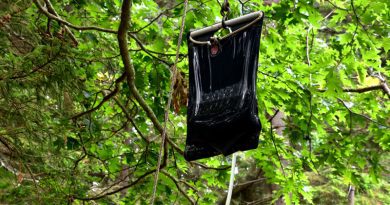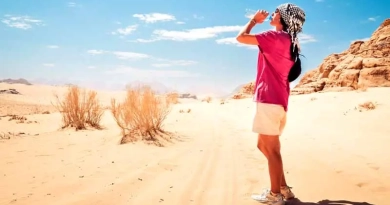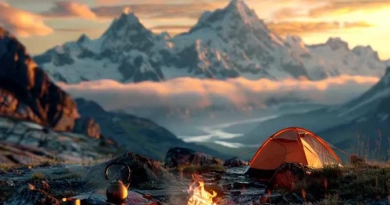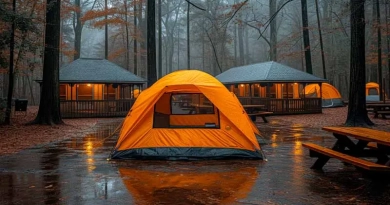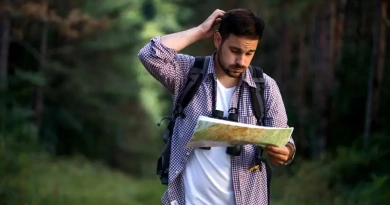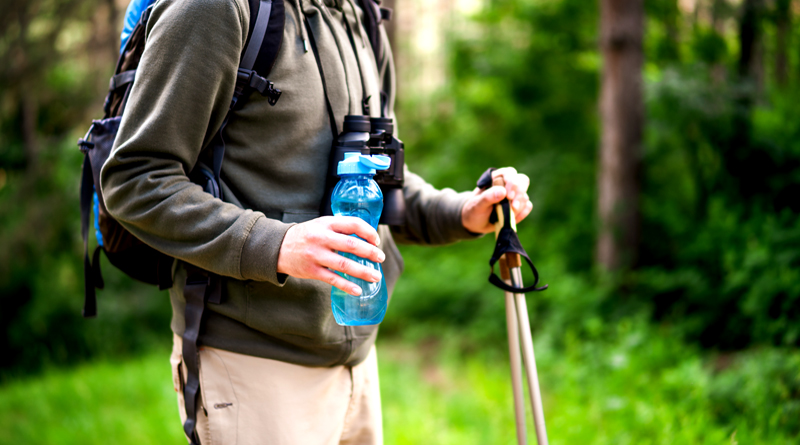
Staying Hydrated On The Trail
A Guide to Water Mastery While Hiking
Every seasoned hiker knows the ritual: before embarking on the trail, one fills their water bottle, checks the map, and tightens the laces on their boots. But the question remains central in every hiker’s mind: “What is the best way to stay hydrated on a hike?” This isn’t just about quenching thirst—it’s about maintaining the balance that allows us to walk further, climb higher, and explore longer.
Hydration is not merely a matter of drinking water; it’s about understanding how our bodies work in different environments and how our needs change based on activity, climate, and altitude. The main obstacle isn’t always a lack of water, but knowing how much to drink and when. Many trails are dry or exposed, with little shade and high temperatures, increasing the risk of dehydration if not managed properly.
The challenge is intensified by the varying advice and old wives’ tales surrounding hydration. From drinking only when thirsty to the mandate of eight glasses a day, how does one sift through these to find a strategy that actually supports a long day of hiking?
Charting a Course Through Hydration
My personal journey to mastering hydration on the trails has been both literal and metaphorical. It began with understanding the basics of what dehydration looks like and how it affects performance and safety. Symptoms such as headache, fatigue, and dizziness are early warnings that are best heeded before they develop into more severe conditions like heatstroke.
1. Know Your Needs: The first step to effective hydration is understanding your body’s needs. This varies widely depending on your age, weight, fitness level, and the conditions you’re hiking in. A good rule of thumb is to aim for about half a liter of water per hour of moderate hiking in moderate weather. In hotter climates or more strenuous hikes, this amount should increase.
2. Frequent Sips: It’s better to take frequent sips along the way than to chug large amounts sporadically. This helps maintain a consistent level of hydration and makes it easier for your body to process the water.
3. Electrolytes Are Essential: Sweat isn’t just water; it’s a soup of electrolytes critical for muscle function and hydration. On longer hikes, especially in heat, replenishing with an electrolyte solution or tablets can be vital.
4. Monitor and Adapt: Conditions change, and so should your drinking habits. High altitudes, for instance, can dry you out faster than sea level. Learn to read your body’s signals and adapt accordingly.
Tools for Hydration
Equipping yourself properly can make all the difference. Here are some essentials for staying hydrated:
- Hydration Packs: These are more efficient than water bottles, allowing for easy access to water without stopping to rummage through your pack.
- Water Filters or Purification Tablets: For longer hikes where refilling from natural sources is necessary, having a reliable way to purify water is crucial.
- Electrolyte Packets: Lightweight and easy to pack, these can quickly turn your water into a hydration powerhouse.
Resources like the CDC’s guidelines on hydration and outdoor gear sites like REI offer extensive advice and product reviews that can help in preparing for your next hike.
Concluding the Trek
As I tighten the valve on my hydration pack, ready to step onto the sunlit path that promises an arduous climb, I reflect on how essential water is to this journey. It’s not just about staying hydrated; it’s about respecting the journey and the elements, about understanding that this clear, flowing element is as much a part of hiking as the trail under my feet.
Staying hydrated while hiking isn’t just a good practice—it’s a critical discipline that underpins the joy of hiking and the ability to explore safely and extensively. As you prepare for your next hike, consider your water strategy not just as part of your packing list, but as a key player in your hiking experience.

